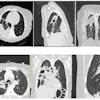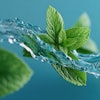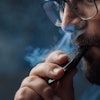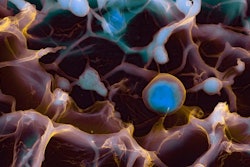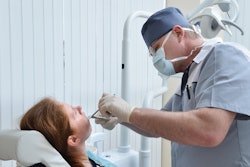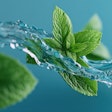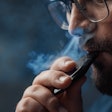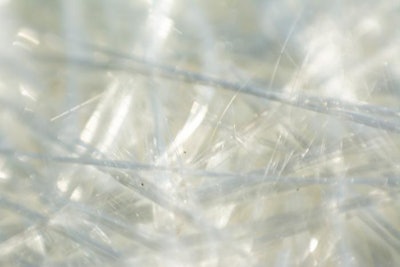
Researchers at the University of Birmingham in the U.K. have developed a method of delivering longer-lasting antimicrobial wound protection than conventional alternatives, according to a recent study.
The method demonstrates that silver retains its antimicrobial activity for longer when it is impregnated into "bioactive glass," with research showing for the first time how this combination delivers wound protection, according to the group. Silver has long been known to prevent or reduce the growth of biofilms (communities of bacteria) in open wounds. Silver-based treatments are increasingly popular, as they are effective against many antibiotic-resistant strains of bacteria, the researchers explained.
Moreover, these antimicrobial properties depend on silver remaining in an ionic form so that it can penetrate bacterial cell walls and disrupt their life cycle, but the silver ions or nanoparticles in wound dressings are prone to transforming into silver sulphide or silver chloride. This conversion can reduce antimicrobial activity and hinder the success of treatment, the authors noted.
In the study, the team identified promising effects of bioactive glass doped with ionic silver on biofilms formed by Pseudomonas aeruginosa, a multidrug-resistant bacterium that easily forms biofilms and is a common cause of infection in chronic wounds. Specifically, they showed that specific preparation, storage, and application techniques can minimize the transformation of silver ions to silver chloride and retain antimicrobial activity.
The study was published in the December 2023 issue of Biofilm.
